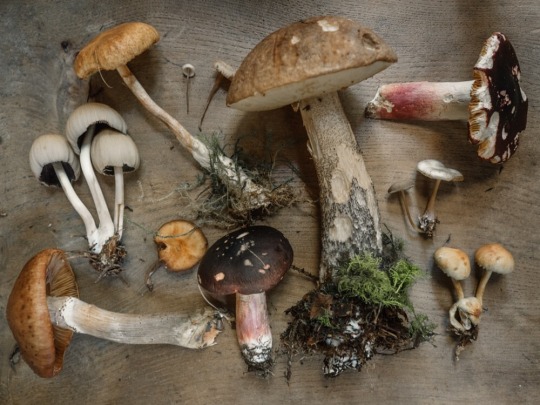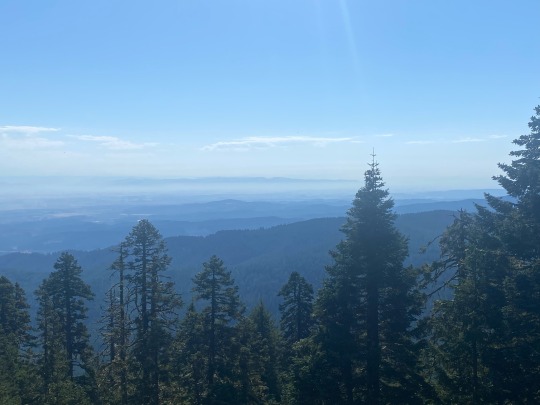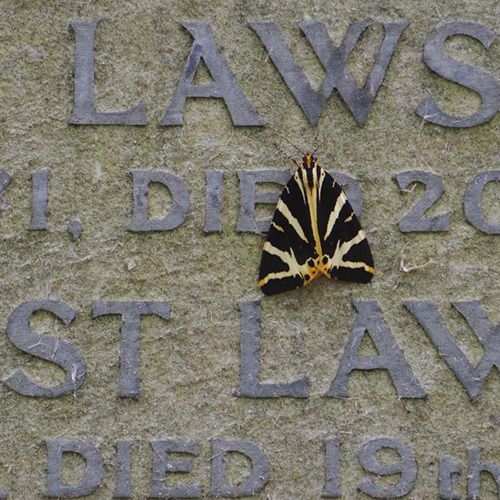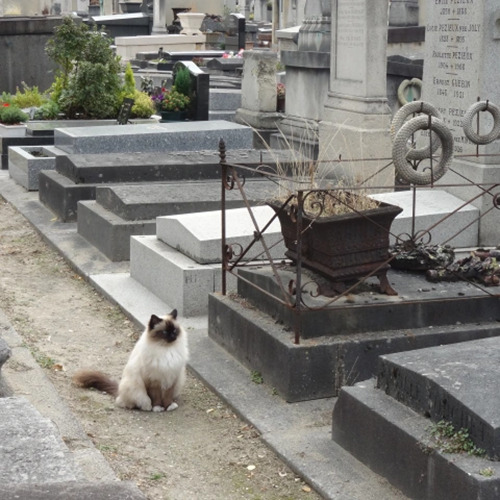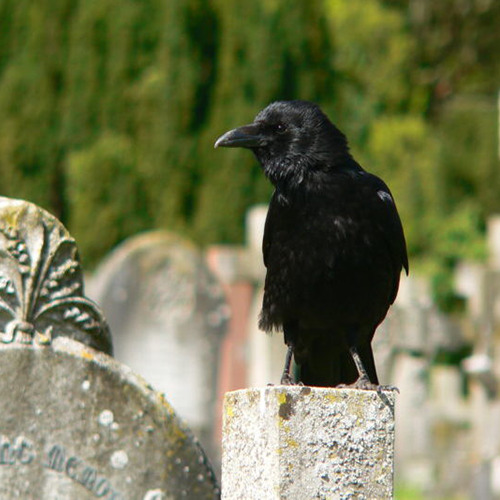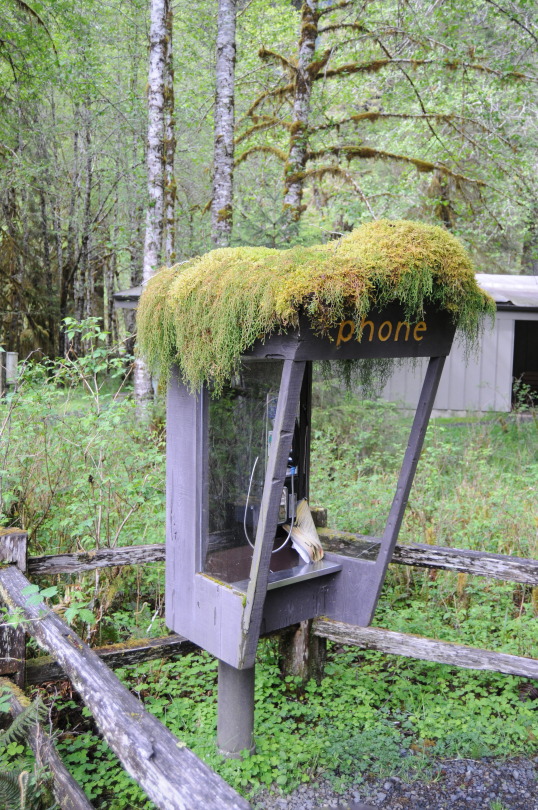Text
What's your best research tip?
Witchy, occult, and magical folks who do a lot of research: what is your favorite or best research tip?
Bonus: How did you come about learning this tip?
358 notes
·
View notes
Text
Superstitions!
The following list are some of the superstitions that I’ve heard or learned about over the years, in no particular order:
• Throw rice in the air to make it rain
• Carry a potato during winter to ward against colds
• Smell dill to get rid of hiccups
• Lay thorn branches by your doorstep to keep evil away
• Place chips of cedarwood in a box with coins do draw money to you
• Hang seaweed in the kitchen to ward off evil spirits
• Burn allspice to draw money, luck, and healing
• Place a piece of cotton in a sugar bowl to draw good luck to your home
• Scatter chili flakes around your house to break a curse
• Scatter salt/sugar to purify a room
• Put a pine branch above your bed to ward off illness
• Carry a chunk of dried pineapple to draw luck
• Ask an orange a question before you eat it, then count the seeds. Even # = no. Odd # = yes
• Toss oats outside your back door to ensure beautiful crops/plants
• Place lilacs around the house to rid unwanted spirits
• Add salt to bath for purification
• Write your sigils on stones and carry them with you
• Put sigils on medication bottles to help quicken their efficiency or for added healing benefits
• When guests come over, light a white candle by the door; it will take their negative energy and purify the home.
• To get rid of guests overstaying their welcome, turn any broom in your house upside down (bristles up)
• Toss salt on the front porch every Friday for good luck and prosperity
• Carry a blade of grass to increase psychic power
• If something or someone is bugging you, write it on toilet paper, wipe, and flush it down the toilet
5K notes
·
View notes
Text
One of the reasons that my book of shadows focuses so much on the pagan/wiccan/Roman/etc... calendar is that I use witchcraft as a coping mechanism for my ADHD and anxiety.
I get a paralyzing feeling of dread when I am under pressure so I stop cleaning my house or accomplishing important tasks or feeding myself. I literally let my tooth rot until it fell out of my mouth on its own. I can get things done, but not the things I actually NEED to do.
So I use the ritual of witchcraft to help form traditions and habits that help me take care of myself!
Matronalia? Perfect time to do a breast exam
Kallynteria? Today is the day to vacuum the apartment in honor of Athena
It's a full moon? Take a fäncy bath, then scrub the tub or pick the clothes up off the bathroom floor!
Alfarblót? In honor, of the goddess Freya's chariot pulled by cats, I will get my oil changed.
It's kind of silly, but if I disguise actual tasks as silly things without any sense of pressure or immediacy and spread them out, I trick my brain into wanting to do them. And if that's not magic, I don't know what is.
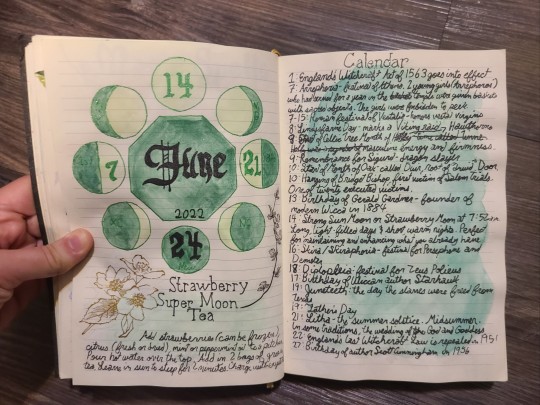
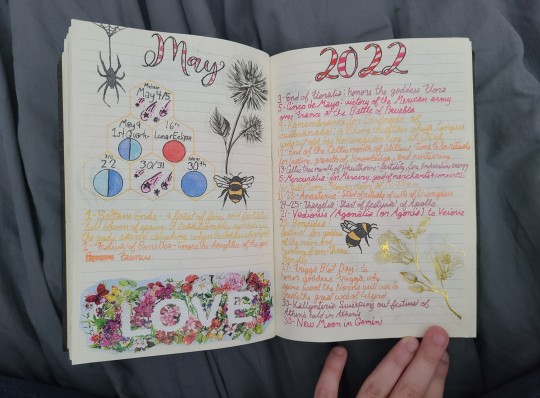
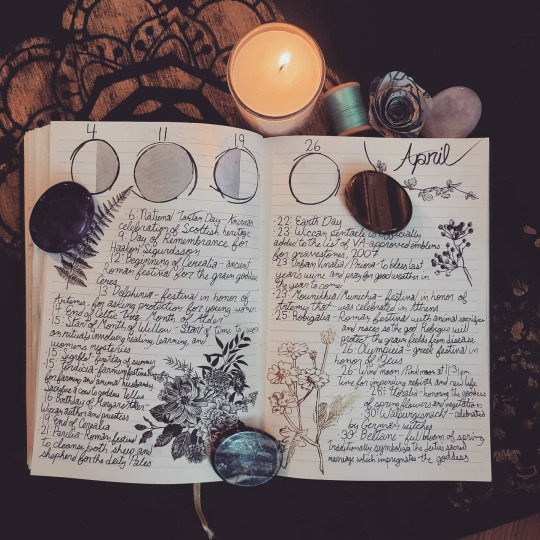
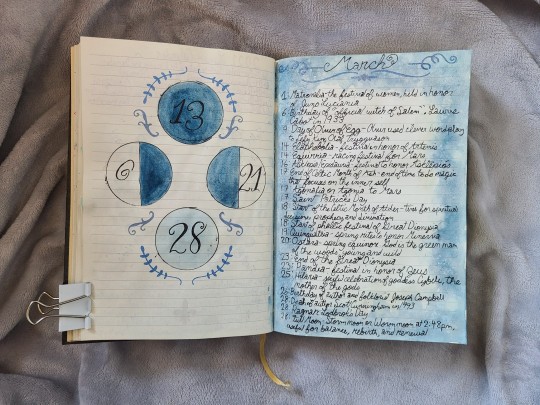
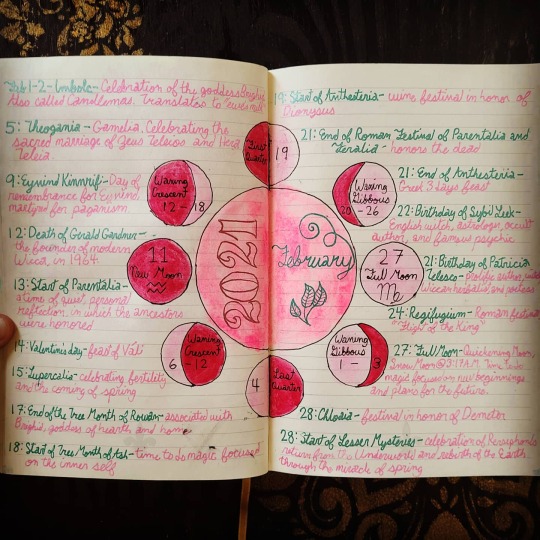
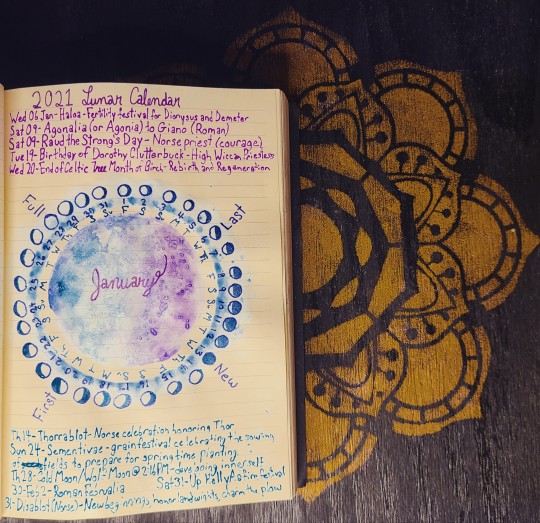
776 notes
·
View notes
Text
i'm too...skeptical of a person to vibe with much of the "witchcraft" adjacent spirituality that's popular nowadays
However, one of the most difficult things to understand about The Past is that for many of your ancestors, the distinction between "spiritual" and "mundane" phenomena did not exist.
and this does create problems for the idea that "science is for one set of questions, religion is for another" or at least the idea that "witchcraft" is a religion (exclusively). In The Past, philosophers speculated about the universe from the point of view that there were spiritual realities and that they weren't distinct from material realities. Before the modern idea of gravity, there was the idea that the four classical elements each had a particular nature, with earth being the heaviest and fire being the lightest. This also corresponded to a moral reality about the elements—the lighter elements were more "pure." (This is why in Dante's Inferno at the center of the Earth is Satan himself.) These people weren't assigning morals to substances in the way we now think of it. Their spiritual and moral realities were just "real" in the same way as the physical world.
People asked "From what we know of God, what can we hypothesize about the existence of extraterrestrial planets and beings, and what they are like?" And it's interesting to note that the belief in God didn't obstruct them from asking these questions; instead, it allowed them to ask these questions at a time when they didn't have naturalistic observations to go on.
But I'm getting off track—modern science is derived from things like alchemy and philosophy, and we are a bit biased here because we tend to see Aristotle and the like as precursors to "science," whereas when indigenous people maintain and pass down a collective body of naturalistic observations about their world, that's seen as some kind of cutesy pagan thing. Which is just racism.
In reality, ancient astronomers were also priests, medicine was practiced by shamans. They were people with knowledge that the average person did not possess. If there's a generic word for this type of person, it's "wise woman" or "wise man": the "three wise men" that are said to have visited Jesus were astronomers. The figures we see as "spiritual" often dealt primarily, and sometimes almost exclusively, with physical, natural phenomena. When they did deal with spiritual phenomena, it was for a lot of the same reasons that we do.
(Arguably, we have a worse understanding of some things, because we see everything in the physical world, including our own bodies, as unaffected by the meaning we assign them.)
What this means is that "witchcraft" can and should be to some extent "mundane" and evidence-based. But in my mind, "witchcraft" means possessing some kind of knowledge that is hands-on, practical, and not easily obtainable just by reading books or wikipedia, tempered by wisdom as a guide for when and how to apply it. It's also a social role; it suggests your knowledge makes you important to your community.
...
So I think an auto mechanic is technically some kind of witch.
6K notes
·
View notes
Text
“magic isnt real” — plants just grow out of the ground. for free. everywhere.
122K notes
·
View notes
Text
Somewhere in the world, there is a tree that sprouted the same day you were born and has been growing along with you.
57K notes
·
View notes
Text
for the next emoji update they should add an ouroboros
37K notes
·
View notes
Photo

[Book Review] Urban Magick by Diana Rajchel
Most witchcraft-related books focus on rural areas. These authors seem to operate under the assumption that the reader lives in the countryside or the suburbs.
In other words, there’s a dearth of instructional material for those of us who practice in cities. The techniques you see in more general occult texts can be adapted to urban living, of course.
But, very rarely does an author tackle the matter of city witches who wish to incorporate the city into their magic. There’s simply not a lot of published information about working with city spirits as opposed to simply tolerating them.
I currently live in Warsaw, Poland. Just prior to that, I lived in Krakow, and it was there that I performed what I now call the “Krakow Working” on the summer solstice of 2016.
In that rite, I sought a deep connection with the spirit of the city itself. With few resources at my disposal (not many books even acknowledge that cities have spirits), a lot of it was improvisation, but it remains one of my most potent workings to this day.
Afterwards, I still wished I could find more material on city spirits, and serendipity (well, Netgalley, anyways) led me to Diana Rajchel’s upcoming work on this very subject.
Diana Rajchel wrote Urban Magick for city witches like me. This book focuses on working with, rather than against, the complex metaphysical currents of the modern urban landscape.
It gives a great deal of attention to the spirits that dwell within our cities. I’d argue that it’s primarily a book for spiritworkers, albeit in an urban context.
If you’ve no experience working with spirits, you might want to hold off on picking up this book. Instead, start with some more general books to get the basics.
If you’re in an urban area, and are at least somewhat familiar with notions of genius loci, devas, and other such critters, though, this book will definitely be a welcome addition to your shelf.
Rajchel devotes quite a few pages to workings for justice, community-building, and plenty of other altruistic motives. She clearly recognizes that part of city life involves sharing our energetic space with our fellow humans.
Rajchel shows that spiritwork can and should be conducive to a harmonious existence amongst other city-dwellers.
Her book is one of several published recently which discusses workings for communal justice and equity. In our increasingly polarized world, this seems particularly timely and will likely inspire many magical activists.
I have to give this book five out of five stars, for its erudite and timely tackling of an oft-ignored topic in witchcraft and magical practice.
I think it’s just wonderful to read, and I await further books from this author. This is the book that I’d wished for when I was performing the Krakow Working, and will definitely inspire future generations of city witches.
Diana Rajchel’s book, Urban Magick will release on March 8th, 2020. You can preorder it via Amazon here, or directly from the publisher, here.
1K notes
·
View notes
Text
In many places in Europe, as well as outside of it, e.g. in Asia, there are legends told about figures, usually of female gender, who, according to folk belief, watch over spinning, punish lazy spinsters, make sure that no spinning is done on days when spinning is forbidden and so forth. Many legends tell of the visits of these beings, and how they punish spinsters who violate spinning taboos or fail to finish their spinning on time etc. They are also frequently described as being equipped with flax and spinning tools while in the act of spinning.
Thus, in Slovenia, Austria and Germany we find Perchta/Pehtra/ Perhta/Pehtra baba/Pehtrna/Pirta/Pehta/Percht/Berchta/Zlata baba, in Germany Frau Holle or Holda, Stampe/Stempe/Stempa, and in Switzerland Frau Saelde in the role of the “Spinnstubenfrau”. The most prominent Slovenian researcher in these traditions, Niko Kuret, points out the similarities with beings which in Slovenia we also know by other names, such as Kvatrnica, Torka or Torklja. The Italians know a similar being named Befana, the French have Tante Airie, and we also find them with several different names in Central Asia, from Iran through Tajikistan to the basin of the lower Syr Darya and Amu Darya rivers etc. (Kuret 1997; 1989, II: 458). There are also various other beings with whom we could equate them to a certain extent, for instance the French Heckelgauclere, the Swiss Sträggele and Chrungele, the German Herke, the Slovenian/ Czech/Slovakian Lucy and others.
Mythical beigns punishing the breaking of taboos on spinning by Mirjam Mencej
180 notes
·
View notes
